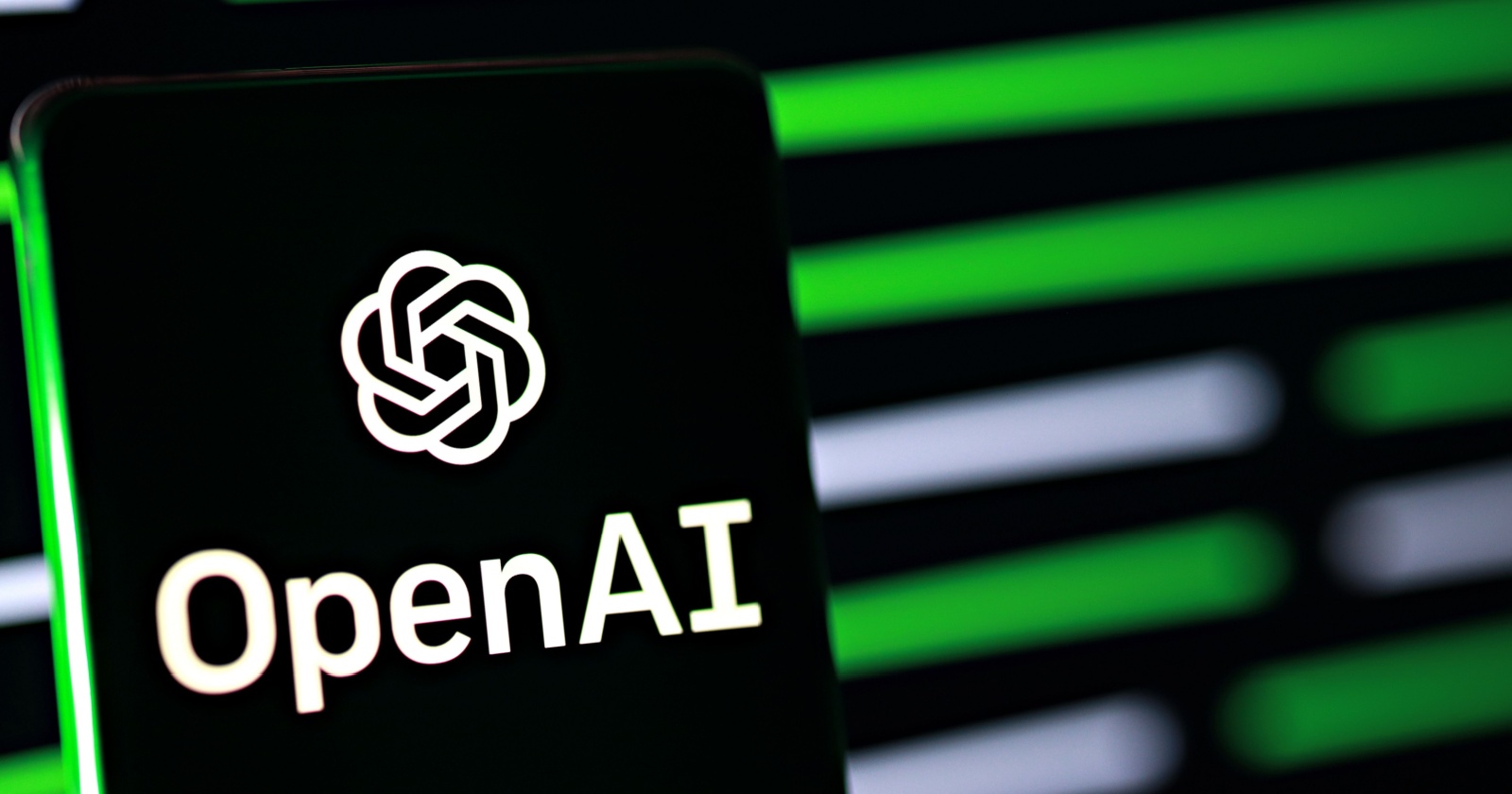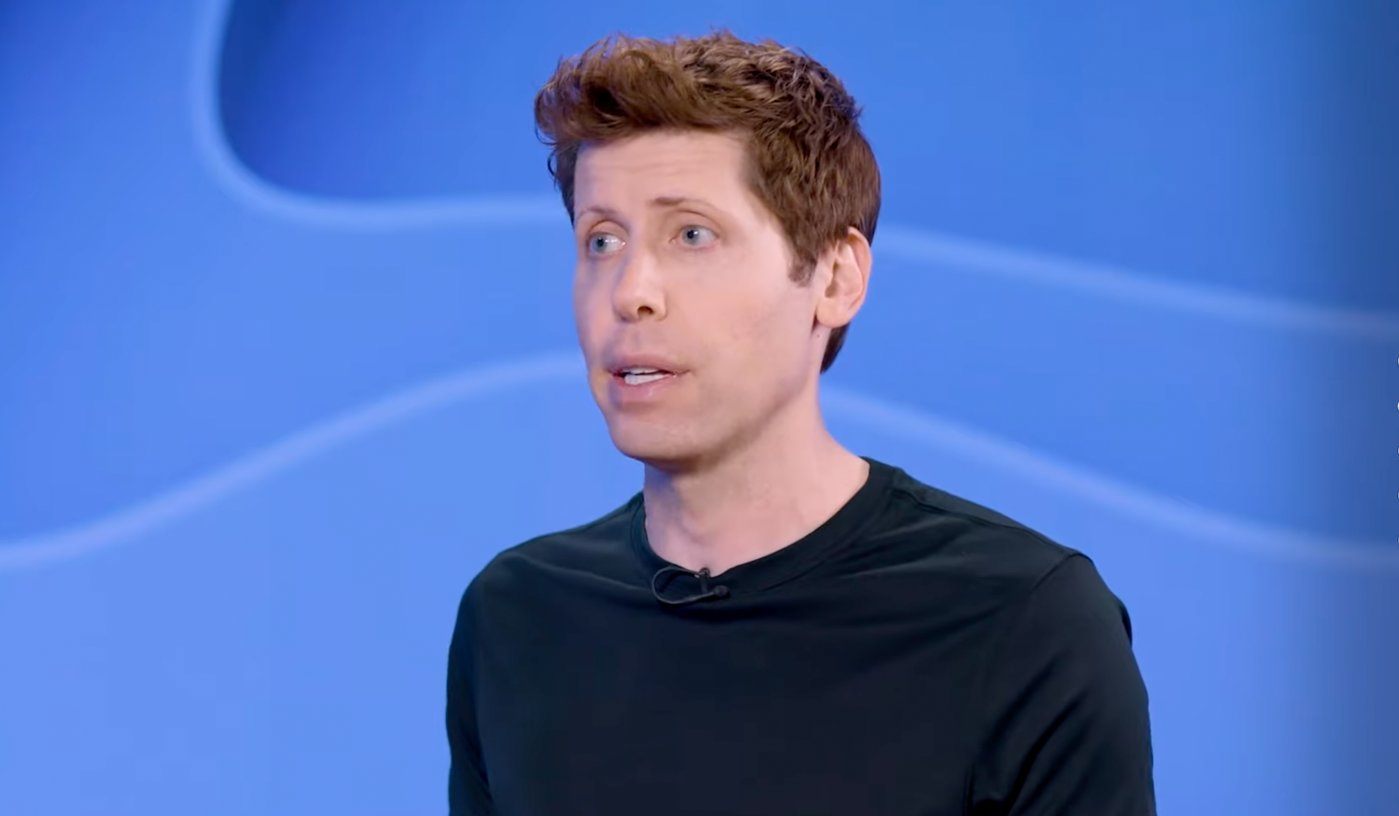Governance Transformation Creates A For-Profit OpenAI?
OpenAI may be transformed into a for-profit business, free from the control of the non-profit board, sources said.
On June 17, it was reported that OpenAI CEO Sam Altman disclosed to some shareholders that the company is considering transitioning its governance structure to that of a for-profit benefit corporation, independent from its non-profit board's control. It is understood that its competitors Anthropic and xAI are currently adopting similar approaches.
If the board approves the discussions, OpenAI may proceed with its IPO, with the company currently valued at $86 billion. Altman may also seize this opportunity to acquire shares.
However, sources familiar with the matter indicate that there is internal disagreement among staff regarding the restructuring, and Altman and board members may ultimately settle on alternative plans.

Self-Rescue Amidst Chaos?
In the United States, a critical distinction between for-profit and non-profit organizations lies in legal protections; minority shareholders of non-profits cannot sue the company for not prioritizing shareholder interests. For-profit entities must balance customer and investor demands to avoid bankruptcy, which helps curb managerial misconduct.
OpenAI's corporate structure is notably unique, with its for-profit arm entirely owned and controlled by its non-profit parent organization. Previous "dramatic personnel changes" at OpenAI highlighted the drawbacks of this hybrid structure, where the non-profit board removed the company's founders without specifying grounds for their dismissal.
At the inception of OpenAI's for-profit division, Altman aimed to limit board members with equity stakes, hence he did not hold shares in that division. With a shift in company structure, he stands to gain significant equity. Microsoft and other investors also hope he acquires a majority stake, enabling a more focused approach to OpenAI's development.
Investors Support Abounds
Over the years, some Microsoft executives have favored transforming OpenAI into a mature for-profit entity, believing this structure would grant Microsoft greater influence through board seats and shareholder votes.
OpenAI's for-profit entity previously committed to sharing a portion of its profits with Microsoft and other investors, with increasing annual limits. Before returning capital investments, Microsoft could receive 75% of OpenAI's profits and subsequent profits capped at 49%.
In addition to Microsoft, OpenAI's direct investors include the Reid Hoffman Foundation, Khosla Ventures, Y Combinator, Y Combinator partner Paul Buchheit, and the University of Michigan.
And for years, Thrive Capital, Sequoia Capital and Founders Fund, among others, have also been buying OpenAI shares from early investors and employees of OpenAI.

The Long-Lasted Omens
Rumors about OpenAI's "for-profit" may have some basis.
Last month, Altman purportedly sought to steer OpenAI towards profitability to attract around $100 billion in funding as an "incentive measure." Without a for-profit status, achieving this goal would be challenging.
Currently, OpenAI's annualized revenue exceeds $3.4 billion, more than double what it was six months prior. For the 12 months ending in 2023, the company's revenue totaled $1.6 billion.
Recently, OpenAI appointed Sarah Friar, former CEO of Nextdoor, as its inaugural CFO, sparking speculation about the company's IPO readiness. Friar previously served as CFO at Square and sits on Walmart's board.
In response to these rumors, OpenAI stated, "The company remains focused on creating AI that benefits everyone. Our non-profit mission is core to us and will continue to exist."
Divergent Opinions
Some current investors of OpenAI suggest that the pressure for the company to go public is minimal, as it can continue allowing existing staff and others to sell their shares through periodic secondary stock offerings, akin to SpaceX and Stripe's strategies. Last year, OpenAI conducted two such offerings, totaling over $800 million.
Economists Daron Acemoglu and Simon Johnson from MIT noted that despite opposition from the non-profit board, Microsoft's support for Altman's return to OpenAI suggests the company's goals may now prioritize commercial value (profit) over broader societal impact (advancements in AI research).
However, even if OpenAI transitions into a for-profit corporation, it could maintain a mission similar to its current non-profit organization, aiming to "ensure artificial intelligence benefits humanity," while potentially delivering returns to investors who have collectively invested approximately $14 billion.
·Original
Disclaimer: The views in this article are from the original Creator and do not represent the views or position of Hawk Insight. The content of the article is for reference, communication and learning only, and does not constitute investment advice. If it involves copyright issues, please contact us for deletion.